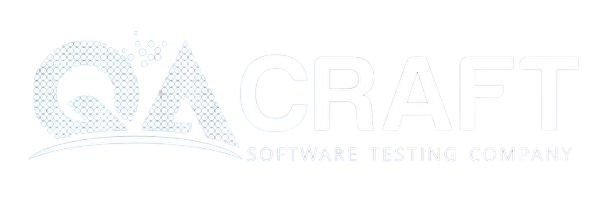Selenium vs testRigor
Selenium vs TestRigor: Which Test Automation Tool Is Right for You?
When dealing with software testing, the selection of the proper automation tool can either destroy your QA or make it successful. Very different experiences could be found in two such popular competitors as Selenium and TestRigor. Many apps tend to forget to discuss differences at least at a high level, and just use general features presentations. Here, I will outline the differences, advantages, and disadvantages to guide you on your path of choice.
What Is Selenium?
Selenium is an open-source automated testing framework that mostly targets web-based applications. It renders different languages such as Java, Python, and C, to name a few, and it functions across different browsers such as Chrome, Firefox, and Safari.
Pros:
- Free & Open-Source: There are no licensing fees.
- Very Customizable: Suitable for complicated settings of testing settings.
- Massive Community: Excellent ecosystem of third-party plugins, integrations, and forums.
- Integrations with CI/CD Tools: Compatible with Jenkins, GitHub Actions, etc.
Cons:
- High Learning Curve: Adds some knowledge of coding.
- Maintenance Heavy: Tests become brittle, and they frequently break due to alterations in UI.
- No Native Test Recorder: All should be worded.
- Bound by A Programming Ability: Can not be used by non-technical testers.
Read More: What Is Selenium?
What Is TestRigor?
TestRigor is an AI-based test automation platform that runs on no-code / low-code. With it, testers can write end-to-end tests in plain English and give manual testers access to automation.
Pros:
- Codeless test creation: Express tests in simple English language such as clicking on login.
- Fast Authoring: Accelerates the process of writing and running the tests.
- Auto-Healing Tests: Testing with UI changes makes maintenance low.
- Cross-Platform: Covers web, mobile, and desktop testing.
- Superb User Friendly: No programming needed.
Cons:
- Subscription Price: Proprietary commercial software that is licensed.
- Reduced Custom Control: Highly customizable scripts are restricted.
- Newer Tool: A small community with Selenium.

Read More: What is testRigor
Selenium vs TestRigor: Key Comparison
| Feature | Selenium | TestRigor |
| Ease of Use | Hard (requires coding) | Easy (plain English syntax) |
| Test Maintenance | Manual & time-consuming | Auto-healing, low maintenance |
| Speed to Automate | Slower | 5–15x faster test creation |
| Skill Level Needed | High (programming skills) | Low (any tester can write tests) |
| Integration | Broad CI/CD & tool support | Also integrates with CI tools |
| Cost | Free | Paid (free trial available) |
| Community Support | Very large | Growing, but smaller |
The Confined Group of Individuals That Can Use Selenium.
- Developers and SDETs who desire to take charge.
- Departments that have the leisure and capacity to sustain tailor-made structures.
- Projects needing custom integration or complicated test logic.
- Small organizations with limited budgets that cannot afford commercial tools.
Who are TestRigor customers?
- Manual testers wishing to deal with automation but without having to learn how to code.
- Agile organizations that are require to have quick test coverage and with less maintenance.
- Companies that focus on rapidity and ease instead of personalization.
- QA departments that were sick and tired of having to fix flaky tests between them after every sprint.
SEO Conclusions & Ideas
Whether you want to use Selenium or TestRigor depends on the capabilities of your workforce, funds, and desired automation.
Selenium is powerful and cost-effective, in case you require total control and have developers in your QA department.
Would you want to be fast, have low maintenance, and be usable by non-coders? TestRigor will shine.
As they switch to more rapid releases and the broadening of QA, several firms are experimenting with the use of tools such as TestRigor to augment manual testers. Nevertheless, Selenium is the industry standard for custom, code-intensive automation.

